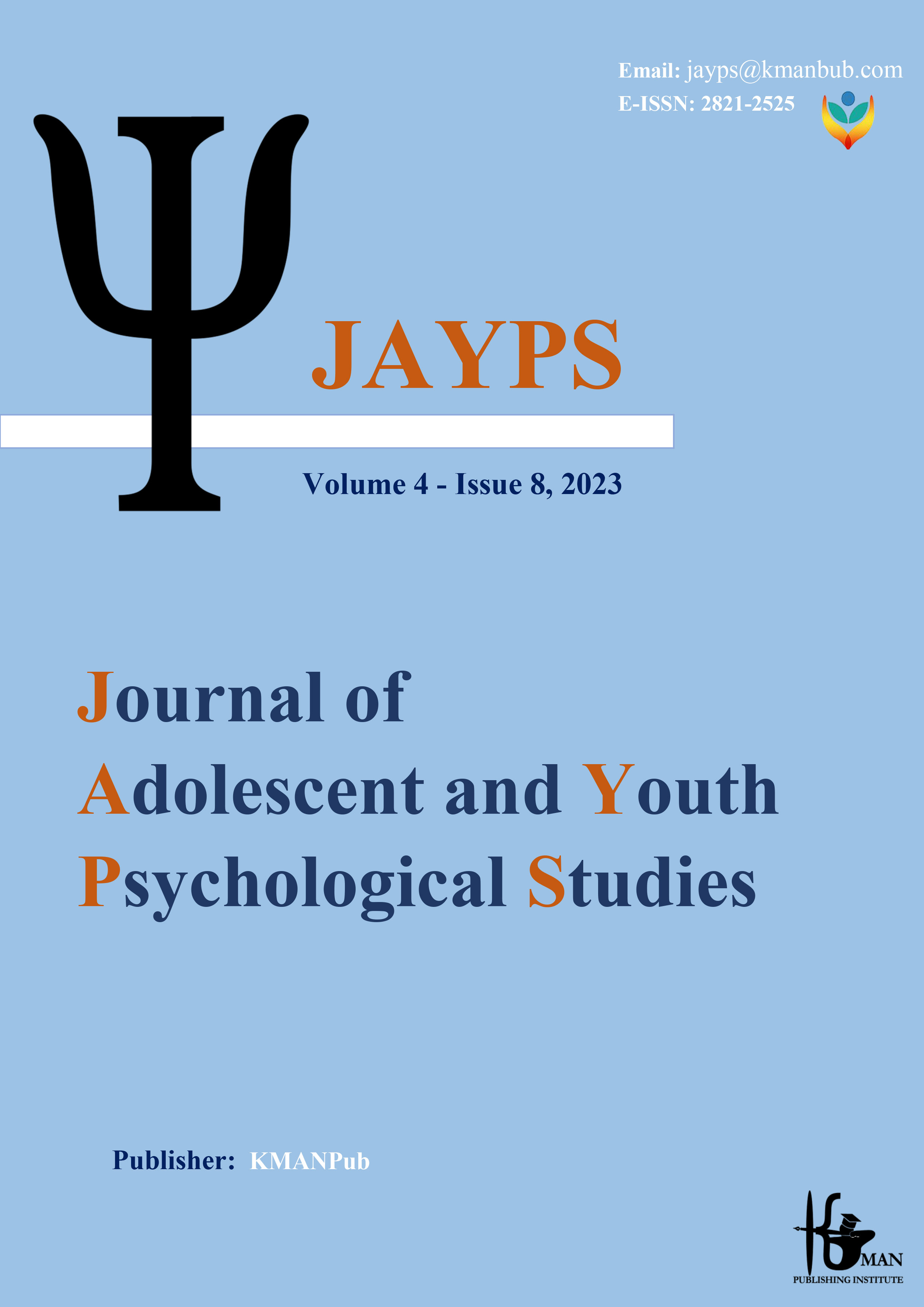Developing a model of attitude towards extramarital relationships based on attachment styles, emphasizing the role of the effects of confrontational styles
Keywords:
extramarital relationships, attachment styles, confrontational styles.Abstract
Background and Aim: In the last half of the last century, marriage has been influenced by many factors due to cultural changes, which have changed the committed relationships of people. Among these factors, we can mention extramarital relationships or infidelity. The purpose of this research was to develop a model of attitude towards extramarital relationships based on attachment styles, emphasizing the role of confrontational styles. Methods: The current research is of the correlation type and the statistical population includes all people with extramarital relationships or the attitude of ordinary people towards welfare, relief committee and counseling centers of Qom province in the year 2021. 320 people were selected as the sample of the study by sampling method. The sample of the research paper included attitudes towards extramarital relationships (Whatley, 2008), adult attachment styles (Collins & Read, 1990) and confrontational styles (Lazarus & Folkman, 1988). Results: The results of the path analysis test showed that the research model has a good fit. Examining the mediation results showed that coping styles have a significant mediating role in the relationship between safe style, easy style and ambivalent style with attitude towards extramarital relationships (p<0.05). The findings showed that escape strategy has a significant mediating role in the relationship between safe style and avoidant style with attitude towards extramarital relationships (p<0.05). The findings showed that the re-evaluation strategy has a significant mediating role in the relationship between secure style and ambivalent style, as well as ambivalent with attitude towards extramarital relationships (p<0.05). Conclusion: Coping styles play a mediating role in relation to attachment styles and attitudes towards extramarital relationships.
Downloads
Downloads
Published
Submitted
Revised
Accepted
Issue
Section
License

This work is licensed under a Creative Commons Attribution-NonCommercial 4.0 International License.









